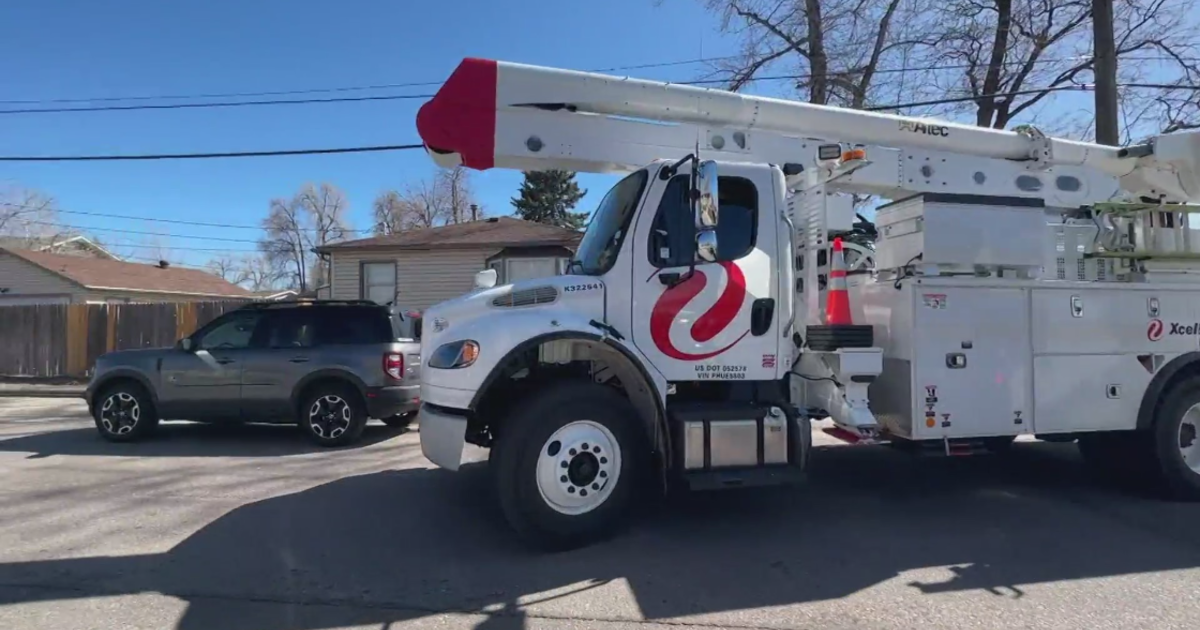Colorado Drilling Regulators Warn Of Damaged Tanks
DENVER (AP) - People are being warned to stay away from oil and gas production equipment damaged in Colorado's flooding as state regulators assess damage to drilling sites.
As of Wednesday, 14 significant oil spills have been found in the booming Wattenberg Field, releasing nearly 44,000 gallons in the South Platte River and its tributaries. That's equivalent to roughly the amount of oil held by three storage tanks.
The Colorado Oil and Gas Conservation Commission warns that equipment and tanks in the area could pose a risk because they may still be pressurized and contain flammable liquids. It says that the equipment may be unstable and shift, fall or roll.
People who see tanks or other equipment that has moved from an oil or gas location are asked to contact the commission to report the location of equipment and tanks that are not being repaired or replaced by the operators.
In a statement, the commission said 55-gallon drums are generally not related to oil and gas operations. Tanks used for oil and gas operations typically hold between 200 and 400 barrels, or about 8,500 to 17,000 gallons. The stray 55-gallon drums should be reported to local law enforcement or public health officials.
The commission also estimated that about 17,350 gallons of wastewater containing residual amounts of oil and gas was spilled in the flooding. So-called produced water is stored in tanks at wells for disposal or recycling.
About 1,900 wells were shut down at the height of the flooding. Officials at Noble Energy, the largest oil producer in Colorado, told The Denver Post that it suffered between $7 million and $17 million in losses because of flood damage and lost production.
Three of Noble's tank batteries released 8,900 gallons of oil.
The South Platte is major source of drinking water and agricultural water. The state health department has said that the millions of gallons of sewage dumped into the river from broken sewer pipes and waste treatment plants posed a bigger problem than the oil spilled. In addition, the large volume of water that rushed out onto the plains from the foothills apparently swept away visible evidence of the oil.
Researchers from the University of Colorado studying how to limit the natural gas industry's impact on the environment and communities are collecting soil samples along the river looking for evidence of benzene, a carcinogen, and benzene compounds, left behind by the spilled oil.
Colorado Floods: How To Help
The recent floods are impacting families and communities throughout Colorado, so CBS4 has compiled a list of ways you can support the local communities impacted by the floods.
(© Copyright 2013 The Associated Press. All Rights Reserved. This material may not be published, broadcast, rewritten or redistributed.)



